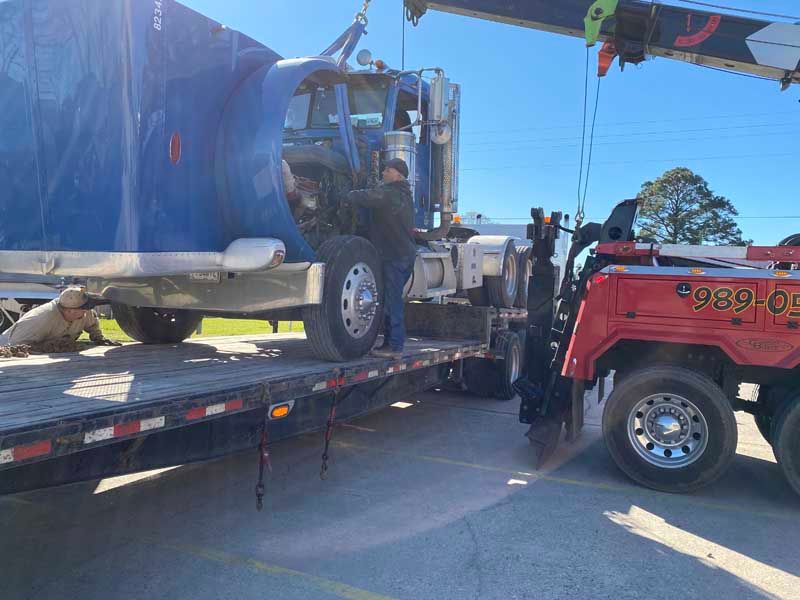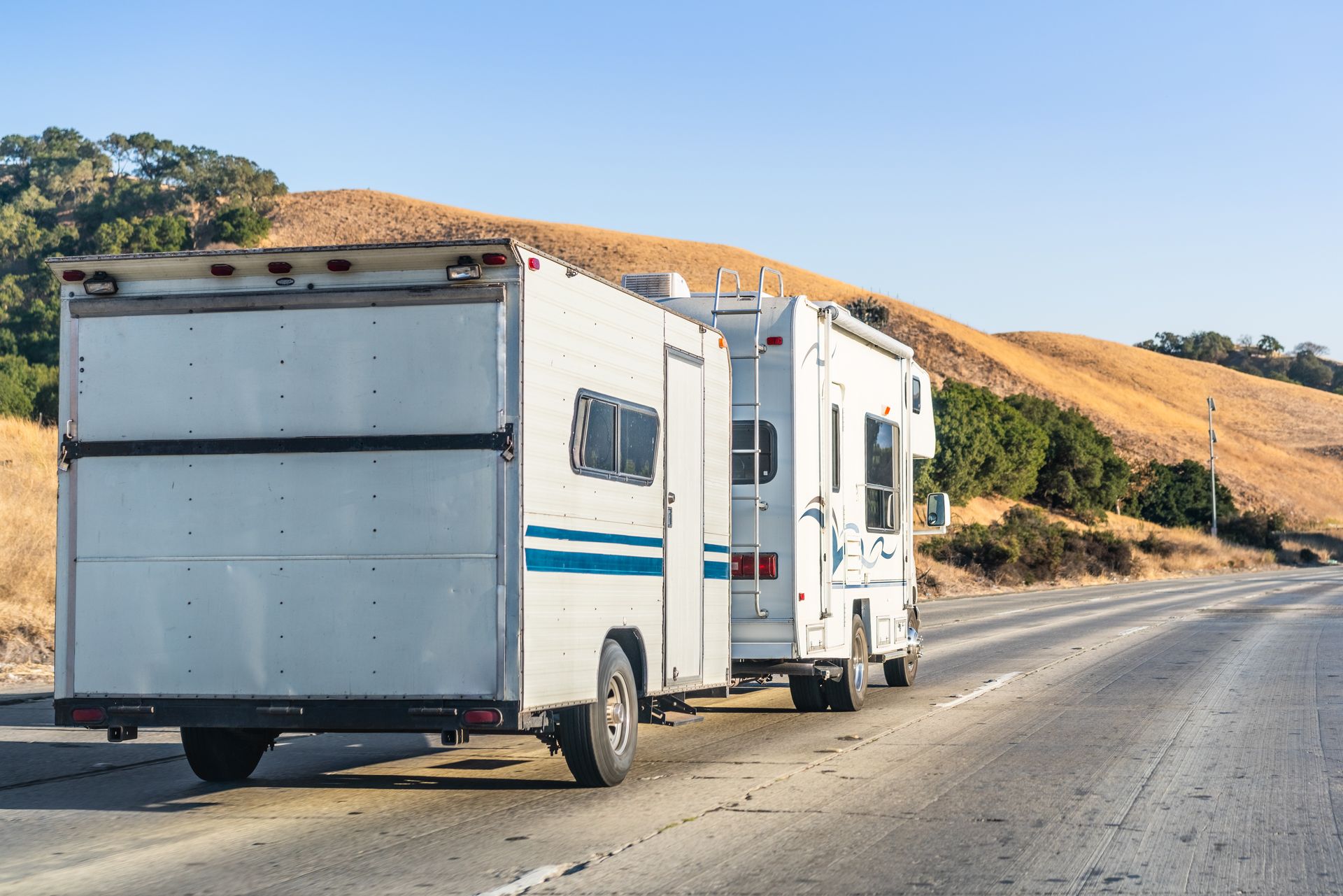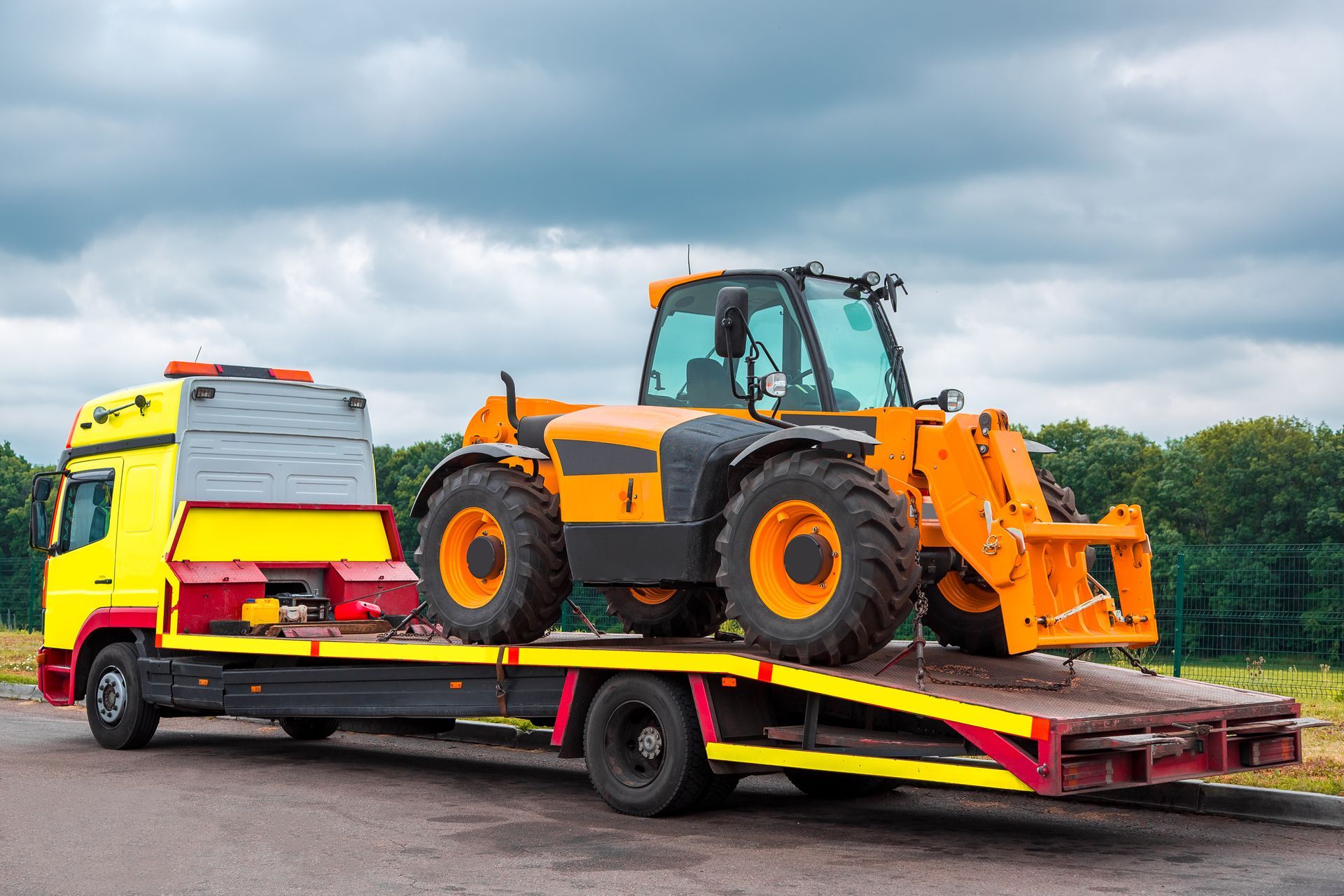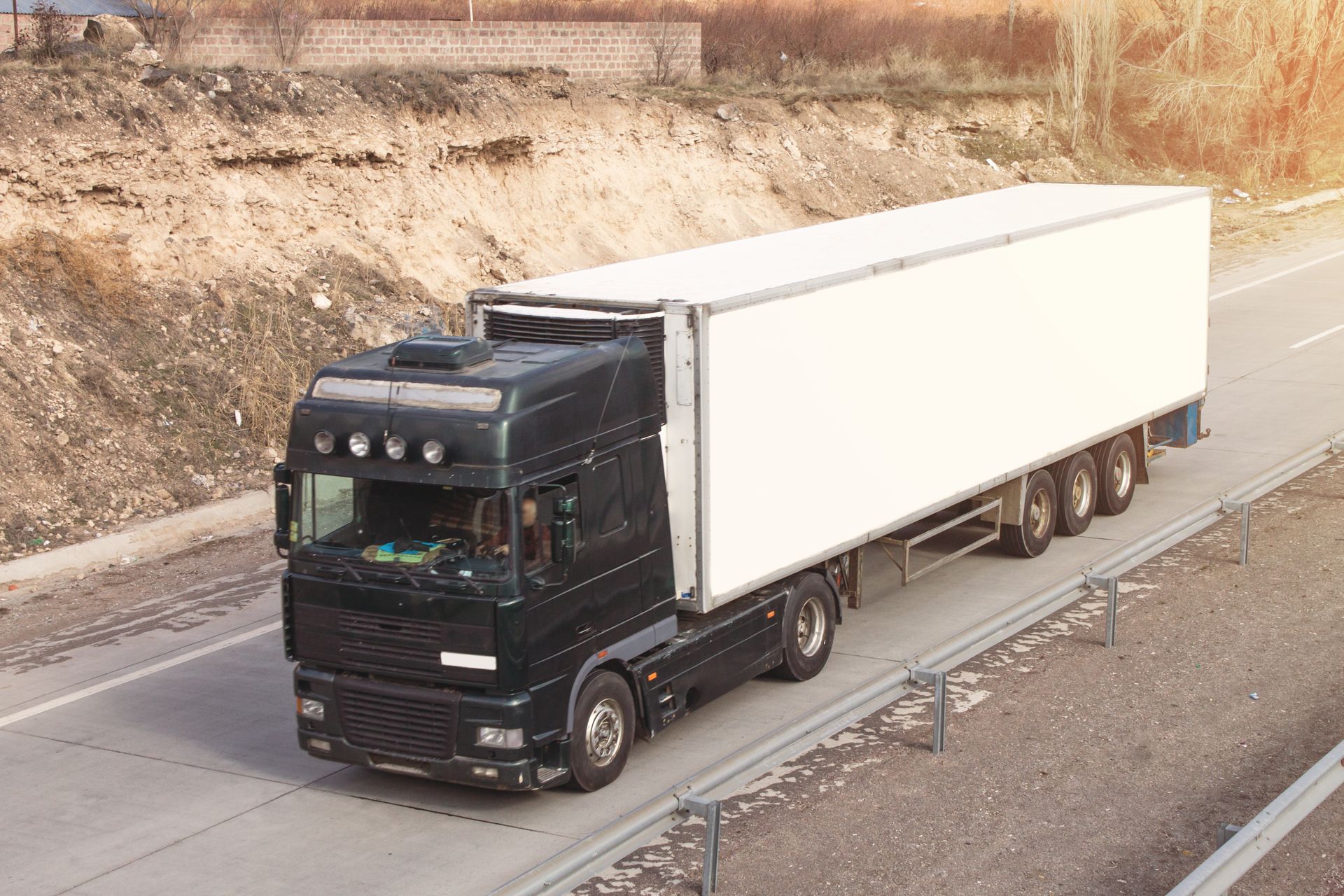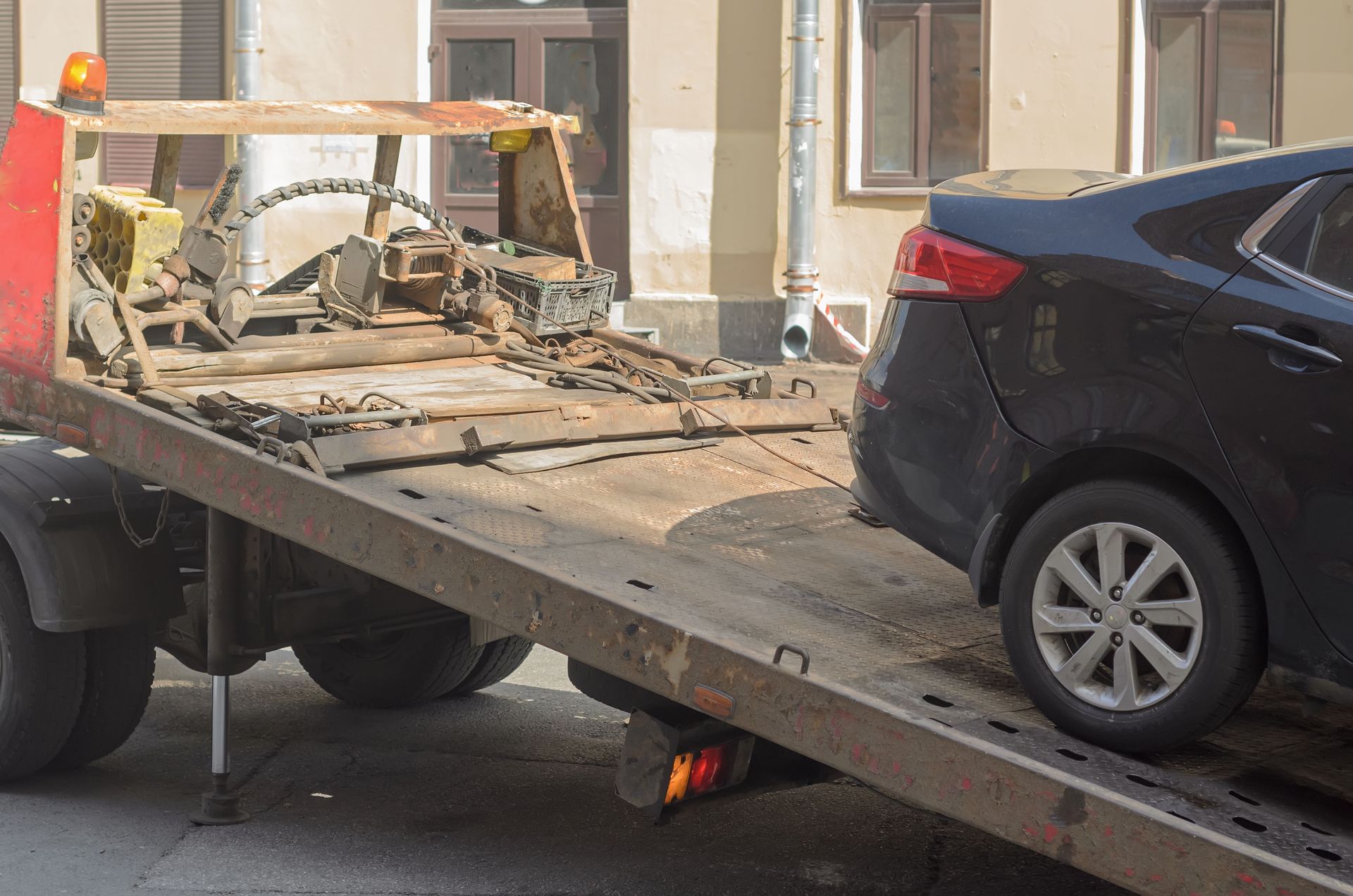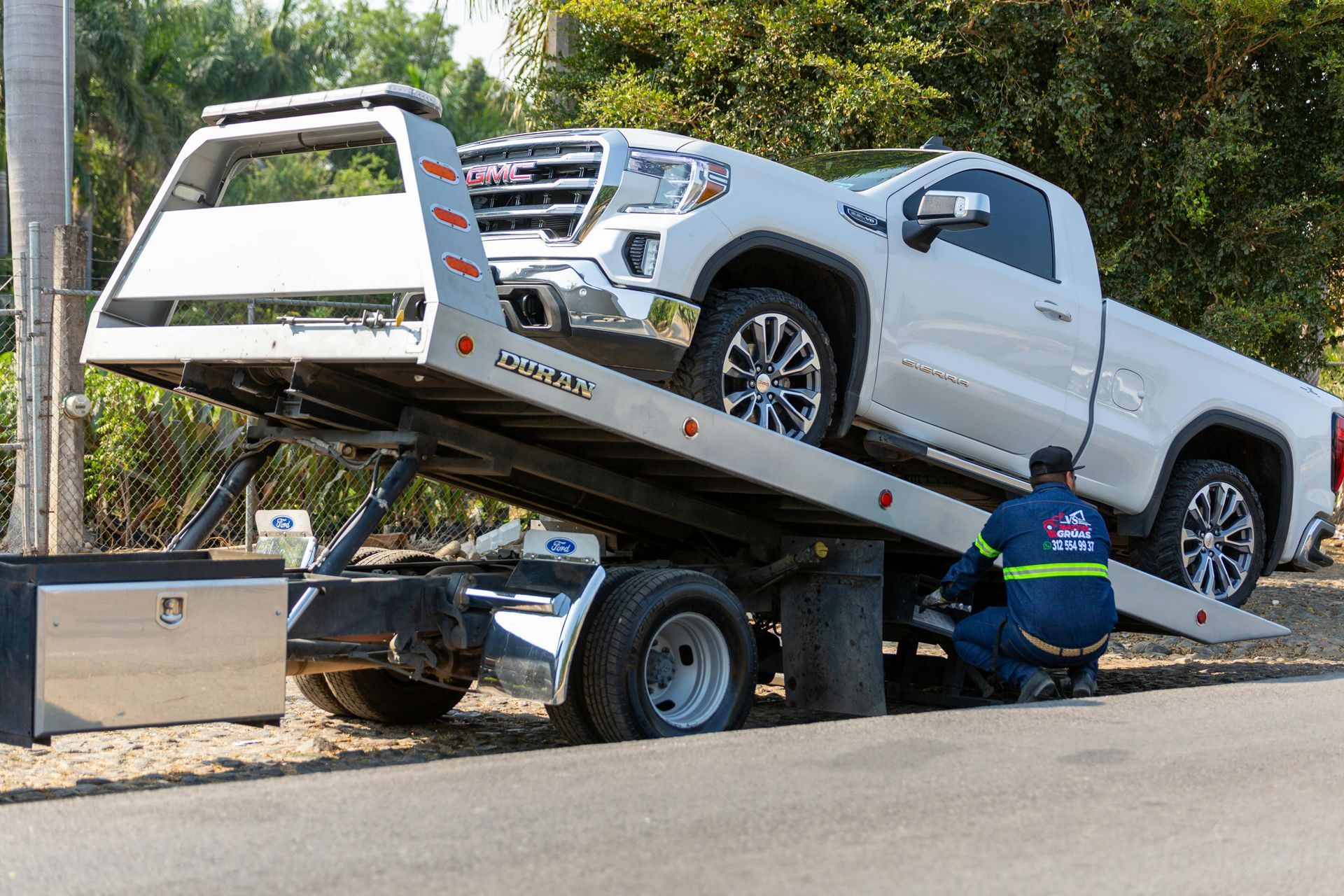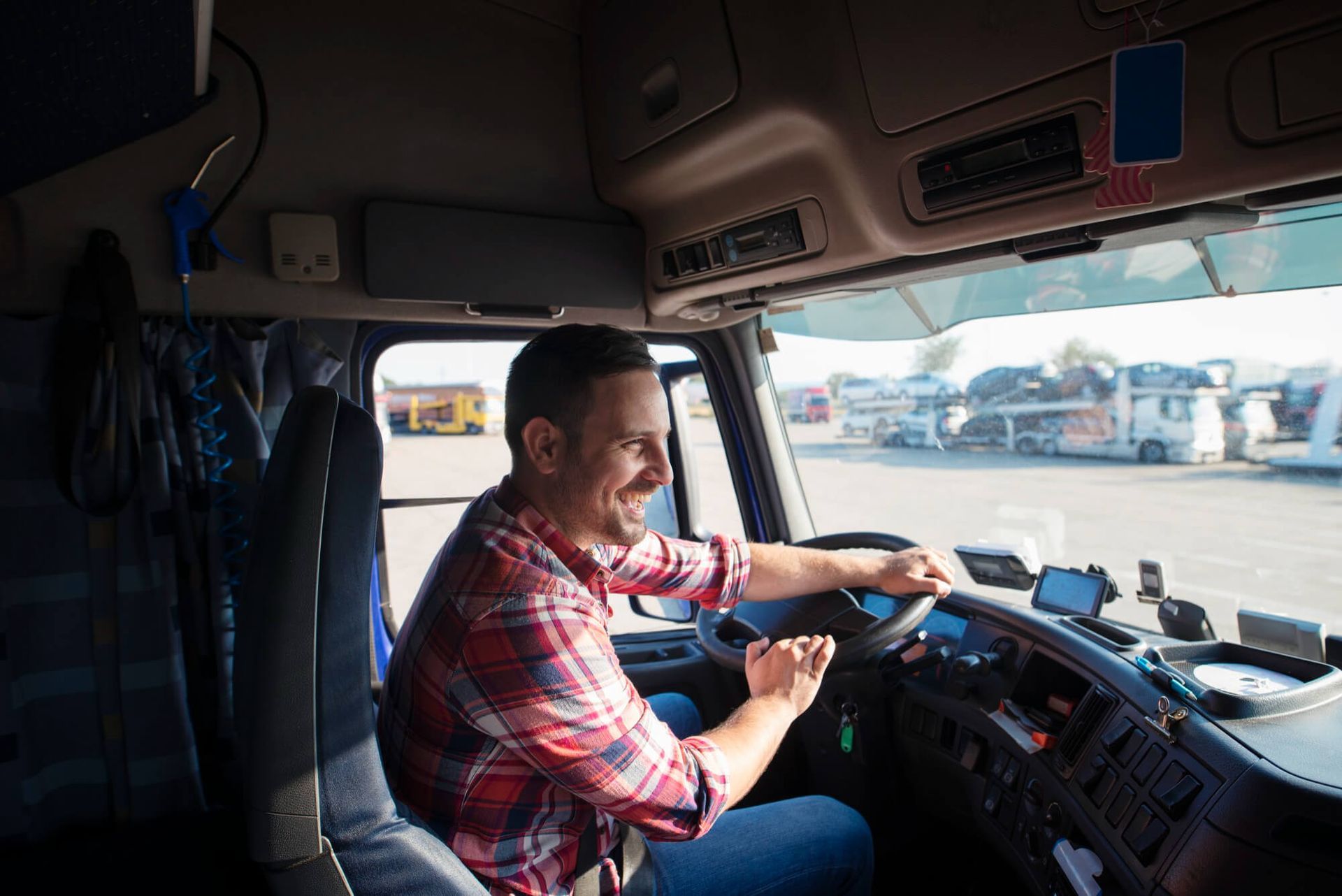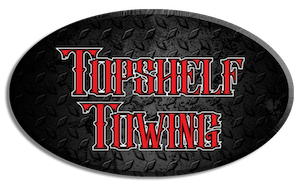RV and Truck Towing Safety: Best Practices for Drivers in Rayne, LA
Towing an RV or a truck requires more than just hooking up and hitting the road. It demands careful planning, the right equipment, and knowledge of safety practices to ensure a smooth and safe trip. Whether you're towing a recreational vehicle for a family vacation or a heavy-duty truck for work, knowing the best practices can help prevent accidents and damage. In Rayne, LA, where open highways and rural roads offer unique challenges, safety is paramount. This blog will guide you through the essential towing safety practices to keep in mind when towing an RV or truck.
Check and Secure Your Equipment
Before you even start towing, it’s crucial to make sure that your towing equipment is up to the task. The first step is ensuring that your tow vehicle, hitch, and trailer are compatible. Every vehicle and trailer has a Gross Vehicle Weight Rating (GVWR) that specifies the maximum safe weight it can carry or tow. Always double-check that your vehicle and hitch can handle the load.
- Hitch Selection: Make sure you’re using the correct type of hitch for your vehicle and trailer. A fifth-wheel hitch may be necessary for larger RVs, while a simple ball hitch might work for smaller trailers or trucks. Inspect the hitch regularly for wear and tear, and ensure it’s securely fastened before towing.
- Tire Check: The tires on both your tow vehicle and your trailer or RV need to be in excellent condition. Tires should be properly inflated and free of any visible damage. Underinflated tires can lead to blowouts, which are especially dangerous while towing. Additionally, make sure your spare tires are also in good shape.
- Electrical Connections: Ensure all electrical connections are properly set up and working. Test the brake lights, turn signals, and hazard lights on your trailer or RV to ensure they are in sync with your towing vehicle. In Louisiana, where sudden weather changes and rainstorms can reduce visibility, functioning lights are essential.
- Brakes and Suspension: If you’re towing a heavy load, your trailer should have its own braking system. Make sure the brakes are in good condition, and test them before heading out on the road. Your tow vehicle’s suspension should also be evaluated to ensure it can handle the extra weight without affecting performance or safety.
Weight Distribution and Load Balance
One of the most important aspects of towing is making sure that the load is balanced and properly distributed across the trailer or RV. Improper weight distribution can cause swaying, making it harder to control your vehicle. Here are some tips to keep your load balanced:
- Weight Distribution Hitch: Consider using a weight distribution hitch if your load is on the heavier side. This type of hitch helps distribute the tongue weight of the trailer across the axles of your towing vehicle, providing better control and stability.
- Load Balance: Aim for a 60/40 weight distribution, with 60% of the weight placed toward the front of the trailer and 40% toward the back. This will help prevent fishtailing, which can occur if the trailer’s weight is unevenly distributed.
- Securing Cargo: Inside your RV or truck, make sure all cargo is securely fastened. Unsecured items can shift during transport, throwing off the balance of the trailer and potentially causing an accident. Use straps and tie-downs to secure heavier items, and distribute them evenly to maintain balance.
Drive with Caution and Adjust Speed
Driving with an RV or truck in tow is much different than regular driving. The added weight and length of your vehicle demand slower speeds and heightened awareness.
- Reduce Speed: When towing, it’s important to reduce your speed. In general, staying below 55 mph is recommended to maintain control of your vehicle. This gives you more time to react to obstacles or changes in road conditions. Remember, the faster you drive, the longer it will take to stop, especially when towing a heavy load.
- Increased Following Distance: Because your stopping distance increases significantly when towing, it’s important to maintain a larger following distance between your vehicle and the one in front of you. Give yourself plenty of time to react to any sudden stops or changes in traffic flow.
- Turn Carefully: Wide turns are a necessity when towing a trailer or RV. Make sure to swing out further than usual to avoid hitting curbs or other vehicles. Also, signal your turns well in advance to alert other drivers of your intentions.
- Brake Early: When approaching a stop, brake early to account for the extra weight. This will reduce the likelihood of skidding or losing control of the trailer. Avoid slamming on the brakes, as this could cause the trailer to jackknife.
Know Your Route and Stay Informed
Plan your route ahead of time to avoid surprises. Towing a large RV or truck through unfamiliar areas can present challenges, especially if the roads are narrow or winding.
- Check the Weather: Louisiana weather can be unpredictable, and towing in rain or strong winds can be dangerous. Check the weather forecast before you set out and try to avoid traveling during storms or other severe weather conditions. Strong winds can cause trailers to sway, making it harder to maintain control.
- Road Conditions: Keep an eye on road conditions, particularly construction zones, steep inclines, or sharp curves. Rayne, LA, and its surrounding areas can have rural roads with limited shoulder space, so always be mindful of your surroundings. Use GPS systems or apps designed for RVs and trucks to help you navigate safely.
- Rest Stops: Towing long distances can be tiring, especially if you’re navigating difficult terrain. Plan for frequent rest stops to give yourself a break and check on your equipment. Fatigue is one of the leading causes of towing accidents, so make sure you’re well-rested and alert before setting off.
Seek Professional Help with Topshelf Towing Inc
While it’s important to understand the fundamentals of towing safety, there are times when it’s best to leave it to the professionals. Whether it’s towing an especially large or heavy vehicle or dealing with roadside emergencies, a trusted towing service can help.
At Topshelf Towing Inc, we offer professional towing services in Rayne, LA, and surrounding areas. Our team of trained professionals knows the ins and outs of safe towing, ensuring your vehicle reaches its destination without any hassle. Whether you’re towing a large RV, truck, or need emergency roadside assistance, our team is equipped with the right tools and expertise to handle any towing challenge.
Our services include:
Call Topshelf Towing Inc today at
(337) 334-8697 for reliable and safe towing services. Let us take the stress out of your towing experience.
FAQs
